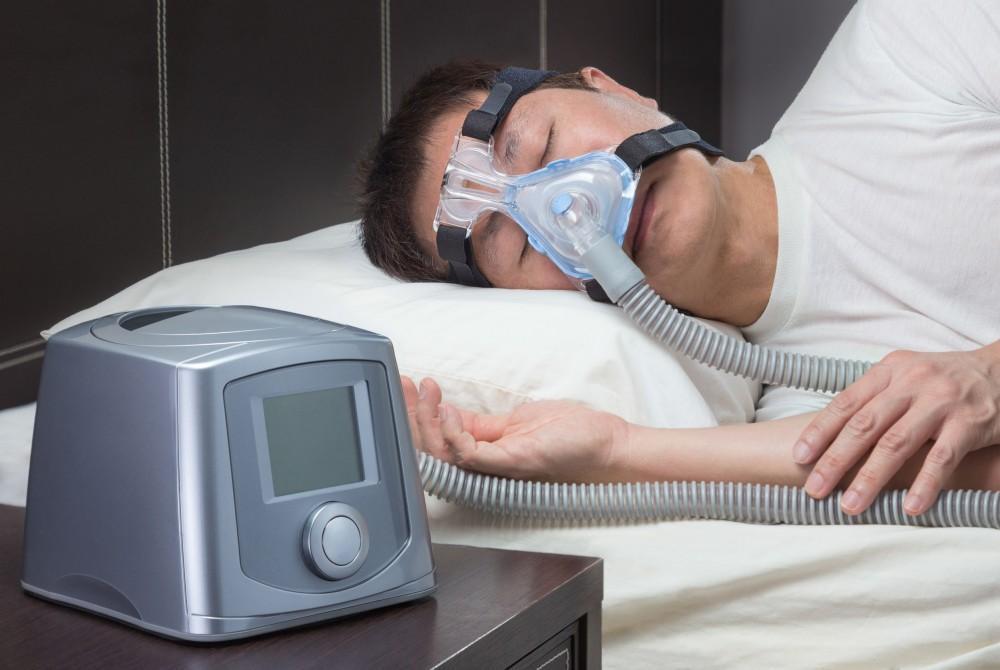
The Importance Of Sleep As A New Parent

Half-sleeping while you listen for your baby on the monitor? Praying for just one uninterrupted night of shut-eye? Going through the day feeling like a groggy Mommy-zombie? The hallmark of the hectic cycle of caring for a newborn is neither the numerous diaper changes nor the multiple feedings, but the countless sleepless nights. Especially if accompanied by colic, the two can be a trying combination for any new parent.
Most newborns will not sleep for longer than three hours at a stretch. Their bellies only hold so much food, so they wake for feedings regularly. For a new parent, this means that you must adjust to interrupted sleep.
While doctors are quick to ask about your baby’s sleeping habits, the importance of adequate sleep for new parents is often neglected. Lack of adequate sleep for parents in the first few weeks and months is simply, and often incorrectly, viewed as something all parents must endure.
Read More: Signs of Childhood Sleep Disorders
Why sleep is important for you with a newborn
Your child needs you in the first year of life more than any other time. It is this time when your baby is fully dependent on you for even the most basic of needs. With that said, your baby needs you in your best frame of mind.
Sleep continues to be a critical factor in overall health and wellness. Going a whole day without sleep can make you as impaired as someone who is legally intoxicated. This is because sleep is vital for the proper functioning of your brain.
You’ve also probably heard about maternal depression. Being sleep deprived will increase your risk for postpartum depression, further exacerbating the problem.
Sleep is vital for your emotional wellbeing in other ways, too. Stressed parents will transfer the stress to their children and babies will react to this stress by exhibiting physiological changes.
Lastly, you are more likely to compromise your child’s safety when you are sleep deprived. This is because you are more prone to slips and accidents, which are the last things you want to experience while holding your baby.
How to know that you are sleep deprived
- Limited ability to focus, fuzzy headed
- Decreased energy levels
- Frequent mood swings
- Panic attacks
- Irritability
- Depressed mood
- Being unable to fall asleep
There is hope for both you and your baby
If your child is having sleep difficulties, and it is in turn affecting your own sleep, the best thing you can do is to train them to sleep better. It will give your baby independence and pride to be able to self-soothe and fall asleep. And it will give you much needed rest! But be prepared for the initial obstacles (your baby will put up a fight). In the long run, it will be a solution where everyone benefits.
Tips to help your baby sleep better
- Enhance the safety of your baby while sleeping. Make sure you put your baby to sleep on their back and that the cot, crib or bassinet is free from stuffed animals, pillows, toys, or any clutter.
- Teach your baby to fall asleep on their own You can nurse them or rock them until they are drowsy, but put them in their crib before they fall asleep.
- Establish a bedtime routine and adhere to it. It shouldn’t matter what your routine entails, it just needs to be consistent. It could be giving your baby a bath, reading stories, or singing lullabies. Whatever it is, stick to it. Consistency is the key.
- Allow your baby to soothe themselves back to sleep after waking up in the night. Be aware that they may cry a lot the first nights, but gradually they will learn how to fall back asleep on their own.
- Reduce stimulation at night such as bright lights. You want to help your baby be able to tell the difference between day and night. This means learning to associate sunlight to awake time and darkness to asleep time. If you go in for a feeding, keep the light off or use a nightlight. Don’t entertain your baby during night feedings so they will quickly learn to fall asleep again.
Read More: New Moms Want More Sleep
Tips to help you sleep better
- Enlist help in caring for your baby at night. Lean on your partner, a nanny, a mother-in-law, or anyone else who may help. You may need to express milk so that you can delegate the feeds, too.
- Spend as much time as you can with the baby during the day. This will assuage any guilty feelings of “abandoning” your baby for long stretches at night.
- Limit your coffee intake to one cup a day max. Don’t numb your need for sleep as feeling sleepy is the way your body alerts you that it needs to take a break.
When to seek help
Prolonged lack of sleep can cause some serious health complications such as obesity, heart disease, diabetes, and high blood pressure. When you have symptoms of sleep deprivation that are not responding to intervention, don’t shy away from consulting a sleep specialist. There are therapies which can help. At Dallas Sleep, our number one focus is to help you sleep better and feel better.
You Might Also Enjoy...


Dr. Kakar Products

Central apnea vs. Obstructive sleep apnea

Warning to Patients about Ozone Cleaners

Ways to Help You Keep Hope Alive

